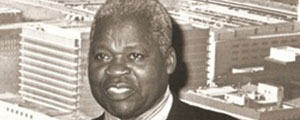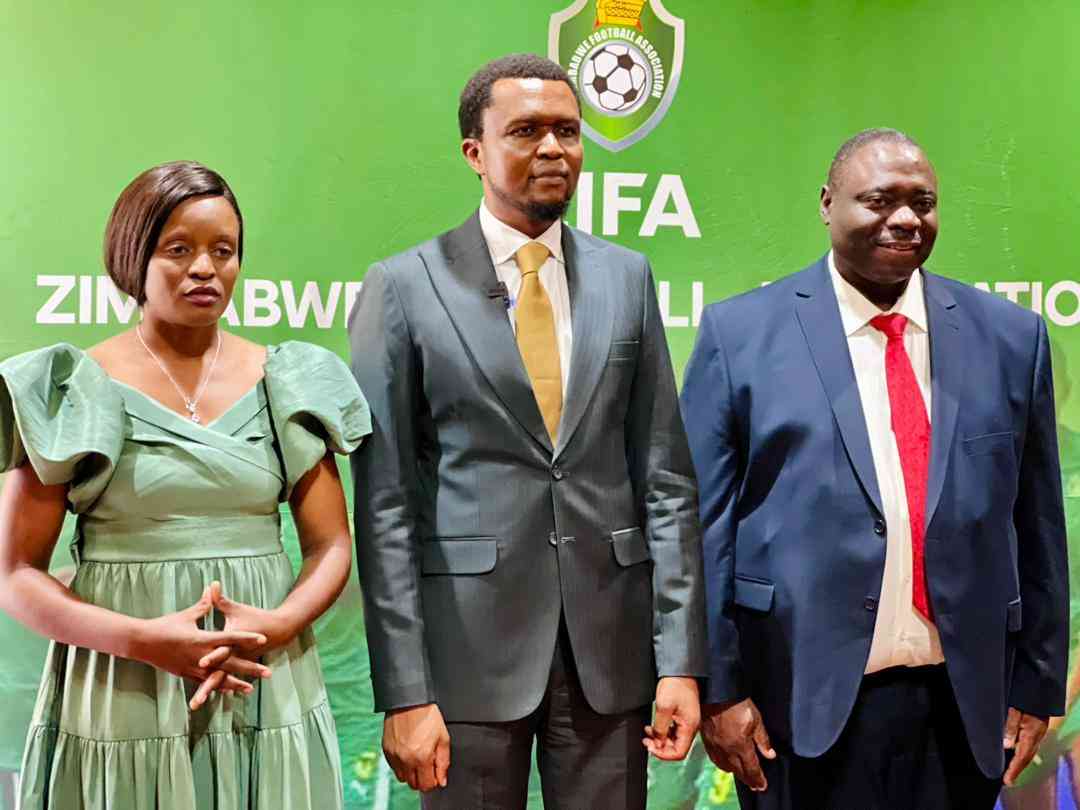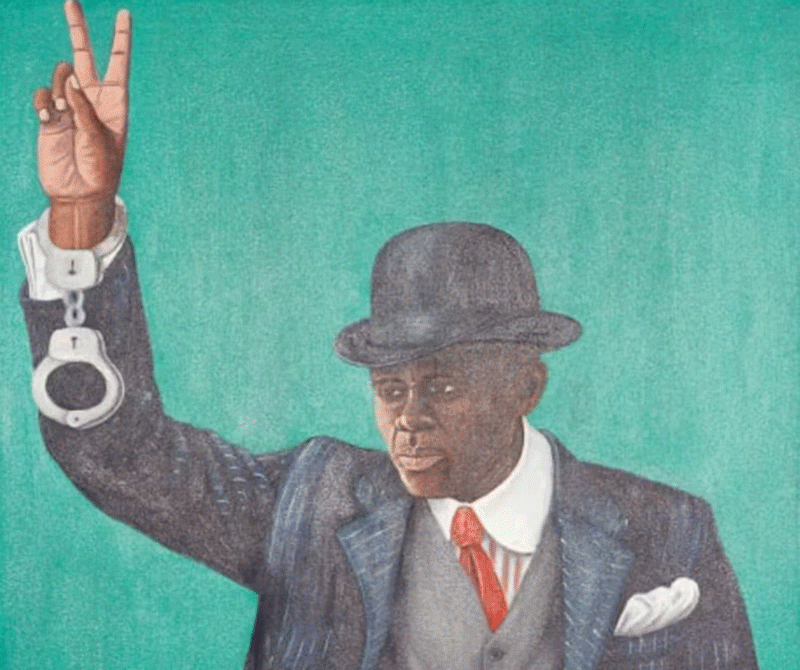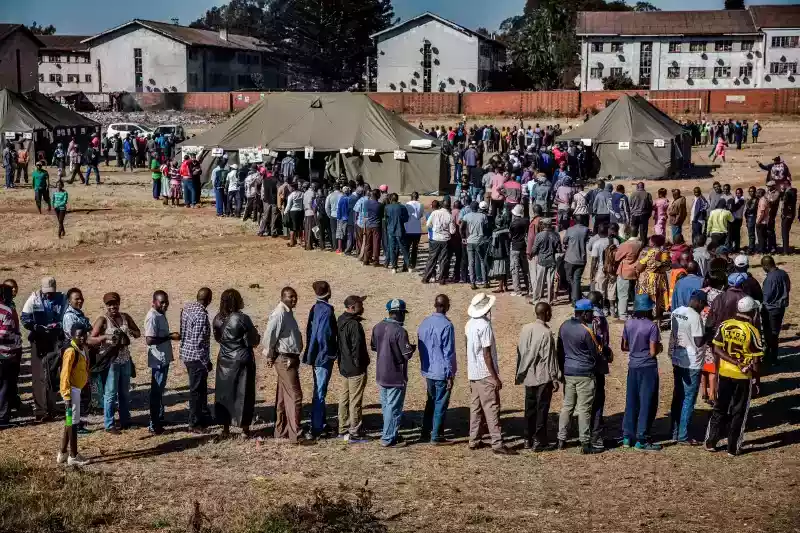
DURING Jairos Jiri’s initial period in Bulawayo he came across destitute, half naked, blind and disabled people begging in the streets.
Jairos’ immediate compassion for the unfortunate beggars was unusual and remarkable.
He started to take ex-blind beggars to his house and putting into practice all he knew about rehabilitation at that stage.
Eager to register his organisation and with the help of friends such as Benjamin Burombo, Joshua Mqabuko Nkomo, Gideon Mazaba, Mike Hove and Michael Mawema, he drafted a constitution and after painstaking negotiations, the organisation was fully registered with the late Stephen Kwenda as secretary, Fabian Dururu as treasurer and Job Mapfinya and Jacob Mufute as members.
In October 1950 the first skills training workshop was opened in Makokoba and this marked the beginning of his great rehabilitation work. In 1959, twenty years after his arrival in Bulawayo, Jairos welcomed guests to the official opening of a new training centre in Nguboyenja.
The work of Jairos continued to expand and diversify. For 32 years he worked in rehabilitation, Jairos received enormous support from both home and abroad.
Jairos, a small boy herding his father’s cattle, working in a garden to earn himself a pair of trousers, scribbling alphabet in the dust, a dishwasher, waiter, cook, newspaper vendor, boxer, comforter of beggars, defeater of bureaucracy and father of people with disabilities never entertained illusions that he would solicit the notice, let alone the recognition of an elite and exalted institution like a university or that tribute would come to him from the realms of higher learning.
Neither had he imagined when he painstakingly learned to write his name that it would one day read Jairos Jiri, MBE, MA (Hon). In 1959 Queen Elizabeth II awarded Jairos an MBE (Member of the British Empire) for the outstanding contribution he had made.
- Chamisa under fire over US$120K donation
- Mavhunga puts DeMbare into Chibuku quarterfinals
- Pension funds bet on Cabora Bassa oilfields
- Councils defy govt fire tender directive
Keep Reading
In 1963 he was granted Freedom of the City of Bulawayo. Later that year he was invited to address an International Symposium on Rehabilitation in Kampala, Uganda. On May 16, 1977 the then University of Rhodesia awarded him a Master of Arts degree.
He has left a tangible legacy to the nation and all of us inherit the Jairos Jiri Association with gratitude and pride in its achievements to date.
Jiri’s early years
TODAY, there are many people who claim to be giving back to the community. Most such people have ulterior motives and with the relatively easy access to donor money, they are driven by the quick-buck syndrome.
NewsDay today looks at the history of Zimbabwe’s greatest philanthropist, Jairos Jiri, who set the moral bar of giving back to the community so high that very few of our modern day philanthropists can approximate to it.
Jairos Jiri was born on June 26, 1921 in the vast, and at that time remote, Bikita reserve situated in the rugged broken country between Masvingo and the Save River Valley of Zimbabwe.
His father, Chief Mutenyami Jiri, was the fourth generation of his family who served the people of the area, not as a ruling chief per se, but as a chief to appoint chiefs and a descendant of the rulers of the Varozvi people.
His mother, Marufu, daughter of sub-chief Mazimba of Gutu, was the first and, therefore, senior wife of chief Matenyami. His parents were, however, by no means rich.
When he was twelve years old, Jairos longed to join some of his friends who were attending school at Silveira House Mission in the locality of his home but because of lack of funds he could not. From the sale of chickens and vegetables, Jairos carefully hoarded his money until early in 1937.
He had saved enough money to pay for two terms. He set off to the Gokomere Mission School where he enrolled in Sub A (Grade 1) and was always proud of the fact that only after a week or two he was promoted to Sub B (grade 2), but suddenly became ill and returned home, bringing to an end the formal education he ever received.
After several months, Jairos left home for Fort Victoria (now Masvingo) where he found a job as a gardener, but was soon promoted to domestic-cum-baby-minder. Later that year he resigned from his employer who was disappointed and promised to increase his salary, but could not entice him to stay.
Early in 1939, he set off on foot with his half brother, with all his possessions rolled in the sleeping mat he carried on his head, to seek his fortune in Bulawayo. His half brother known as Mazviyo Jiri found him a job as a gardener in North End.











